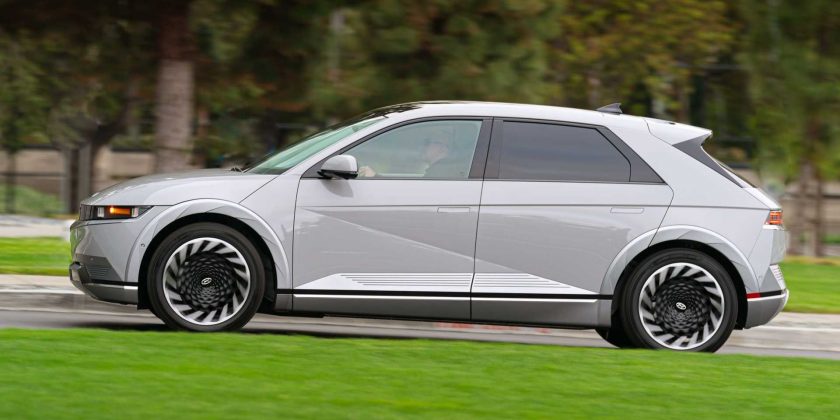Plug-ins accounted for 8.5% of the total Hyundai global sales.
Hyundai reports over a 13% decrease of its global car sales to 137,962 in July (on a manufacturer level), however, the plug-in segment continues to expand and reaches all-time record levels for the third consecutive month.
The company sold a total of 11,742 plug-ins (up 39% year-over-year), which translated to a new record share of 8.5%.
The perspectives for further growth are very good and we might soon see more than 10% share for plug-ins.
Sales by powertrain type:
- BEVs: 10,210 (up 35%)
- PHEVs: 1,532 (up 67%)
- Total plug-ins: 11,742 (up 39%)
- FCVs: 586 (down 26%)
Hyundai plug-in electric car sales – July 2021
So far this year, Hyundai reports sales of over 55,000 plug-in car sales (up 16% year-over-year), which represents 5.7% of the total volume.
Sales by powertrain type year-to-date:
- BEVs: 46,318 (up 9%)
- PHEVs: 9,253 (up 73%)
- Total plug-ins: 55,571 (up 16%)
- FCVs: 5,721 (up 40%)
Model results
The all-new Hyundai Ioniq 5 is the new core of the plug-in lineup with another 8,000+ units sent out of the gate. That’s more than two-thirds of the total EV sales.
Meanwhile, the Hyundai Kona Electric is fading. In July, the company sold just over 1,300 compared to over 6,500 a year ago.
We noted also 35 Genesis G80 BEVs (49 YTD).
Model results last month (and year-to-date):
- Hyundai Ioniq 5 – 8,068 (24,744 YTD)
- Hyundai Kona Electric – 1,317 (14,679 YTD)
- Hyundai IONIQ Electric – 825 (6,895 YTD)
- Hyundai Santa Fe PHEV – 1,142 (4,629 YTD)
- Hyundai IONIQ Plug-In – 390 (4,619 YTD)
- Hyundai Tucson PHEV – 0 (5 YTD)
Here are the charts for the key models. Hyundai Ioniq 5 noted 3,447 units in its home market, while the remaining 4,621 were exported.
The hydrogen fuel-cell model — NEXO — noted 586 sales (5,721 YTD), mostly in South Korea (490 and 4,906 YTD).
Source: Read Full Article




